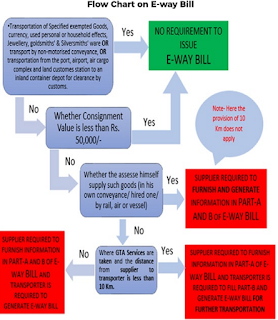Long Term Capital Gain on Shares
Shares (equity or preference) which are listed in a recognised stock exchange in India, units of equity oriented mutual funds, listed securities like debentures and Government securities, Units of UTI and Zero Coupon Bonds shall be considered as Long term Capital Asset if the period of holding is more than 12 months . Unlisted shares shall be considered as Long term Capital Asset if the period of holding is more than 24 months . Long-term capital gains arising from sale of listed securities : The Finance Act, 2018 had inserted section 112A w.e.f. AY 2019-20 . As per the new section capital gains arising from transfer of a long term capital asset being an equity share in a company or a unit of an equity oriented fund or a unit of a business trust shall be exempt up to Rs. 1,00,000/- and the amount exceeding Rs. 1,00,000/- will be taxed @ of 10%. This concessional rate of 10% will be applicable if: in a case of an equity share in a company, STT ...
